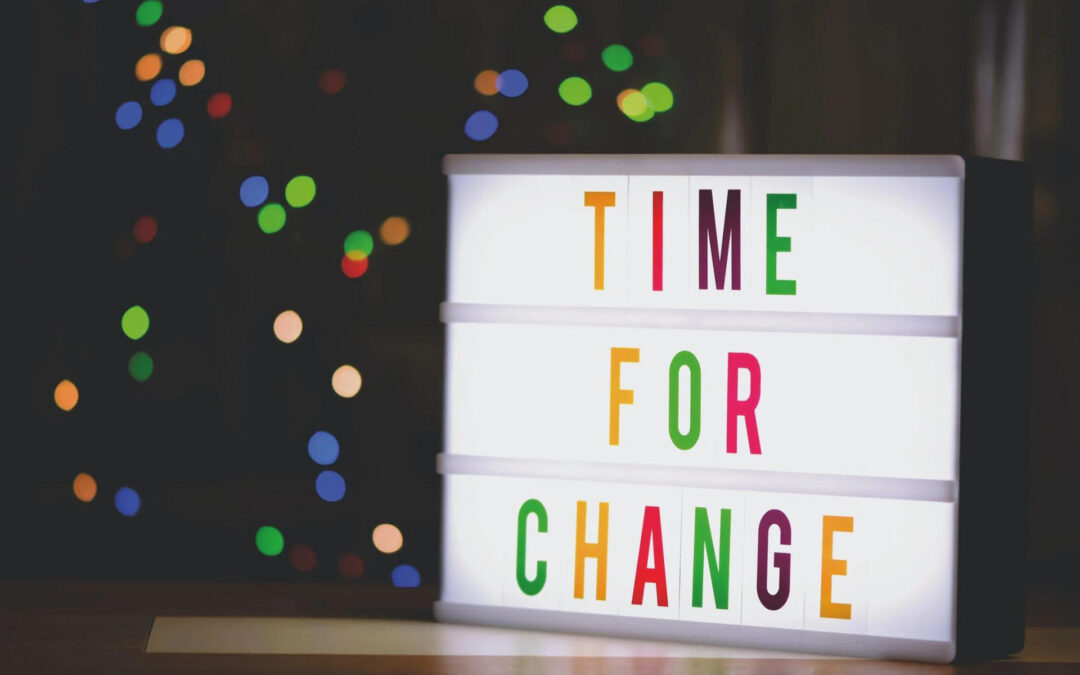We misunderstand love at our own peril. Indeed, our misunderstanding of what it means to love wreaks havoc on individual lives as well as society at large.
Intuitively, we recognize the supremacy of love over all other principles. This is why hearing, “You don’t love me” is so damning to our perception of ourselves. The instinct to protect against the idea that we might be unloving is therefore quite powerful. In fact, we’ll do many things – to include lie – to avoid suspicion. This is especially true if the disreputable court of public opinion is lurking in the background. To be sure, justice goes there to die. People know this, and they malevolently use it as a cudgel to compel conformity.
Although we testify convincingly to the contrary, few of us have our finger accurately placed on love’s pulse. Further, due to repeated abuses of ourselves and others, finding a vein can be difficult.
To be clear, to love someone means that we care at least as much about their happiness and well-being as we do our own. In other words, we can’t lie and love at the same time. That’s worth repeating: we can’t lie to someone about what is in their best interest and love them at the same time. This is true even though they might not want to hear it – indeed, even though it might hurt their feelings to hear it. If we love them, we will, at the right time and in the right way, responsibly and compassionately tell them the truth. We’ll do what is in their best interest, even at the expense of our own.
Expediency is anti-love. And yet, because we often prefer what is easy to what is right, expediency accurately defines many of our interactions with each other.
To quote Dan in Real Life, “Love isn’t a feeling, it’s an ability.” It requires a level of capacity that many people have simply not paid the price to develop. In other words, they have yet to overcome their selfish and self-centered tendencies. They speak more than they listen. They’re far too self-important and self-interested to concern themselves in any meaningful way with the thoughts and concerns of others. Sure, they expect others to care about them. However, they’re not really interested in taking the time and putting forth the effort to care about others. They’ll profess their love, of course. But it would be naïve – spiritually and emotionally dangerous even – to disregard what they do in favor of what they say. As the saying goes, actions speak louder than words.
It isn’t just God that we draw near to with our lips while our hearts remain far from him. To love and not to do is really not to love.
In life, there are few things as miserable as being in a relationship with someone that doesn’t have the capacity to love you back. For this reason, we should be careful not to entangle ourselves in romantic relationships with nice people. It goes without saying that we don’t want to entangle ourselves in romantic relationships with mean people, either. Please don’t misunderstand me. However, we shouldn’t be confused about the fact that we want to be loved, not liked; challenged, not patronized. We want to be inspired, invigorated, and optimistic. Not jaded, bored, and discouraged.
But love isn’t for the faint of heart. It’s hard work, and that’s putting it mildly. Among other things, it requires us to sacrifice what we want to do for what we should be doing.
Love demands – err – commands our absolute best. To love requires us to become the best possible version of ourselves. At a minimum, we can’t mistreat ourselves. And we can’t mistreat others, either. And, no, at least as it relates to our own conduct, it doesn’t matter if we’re mistreated: love requires us to do what’s right even when no one else will. Admittedly, it requires us to do what is right even when we don’t want to.
To be confused about what it means to love makes us vulnerable to manipulation. We hear all the time about how loving someone means accepting – even celebrating – whatever they choose to do. That’s not true. If what they are doing is morally or legally wrong; if it is not in their best interest; if it would hurt them or us, then loving them means warning them of the consequences.
In other words, be suspicious of someone that tells you they love you but won’t lift a finger to help prevent you from harming yourself. Or worse, if they encourage you to do things that they know, or at least should know, would be mentally, emotionally, physically, or spiritually harmful.
Whatever pleasure might momentarily result, rest assured: it isn’t love that is being felt, much less practiced.


Recent Comments